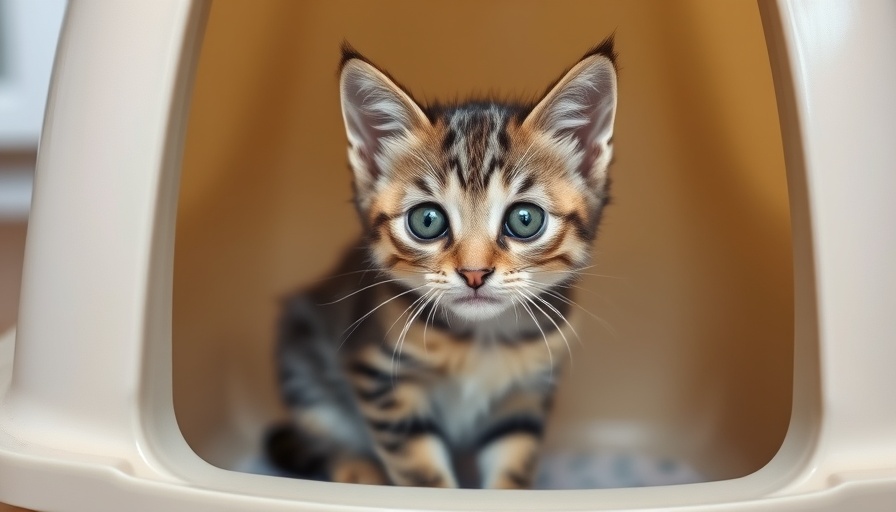
Understanding the Ritual: Why Do Cats Bury Their Poop?
Every cat owner is all too familiar with the sound of their furry friend digging around in the litter box after they’ve done their business. While it can be a bit annoying, it’s important to understand that this behavior is deeply ingrained in your cat’s instincts. Covering their poop serves several significant purposes, rooted in their wild ancestors.
The Instinctual Nature of Cats
Domestic cats are descendants of wild cats who lived in social groups. In these groups, less dominant cats often bury their feces to avoid detection by more dominant members or predators. This primal instinct is still evident in our house cats today. When your cat digs and buries their poop, they are showing respect to you—the top member of their social hierarchy.
Cleanliness: The Feline Standard
Cats pride themselves on their cleanliness. They have a keen sense of smell, making them particularly sensitive to unpleasant odors. By covering their poop, they can eliminate the offending odors from their environment, enabling them to go about their daily activities—eating, drinking, and playing—without the smell of feces lingering. Essentially, burying their poop helps maintain a clean, healthy home for them.
Safety First: Concealing Scent from Predators
The strong scent of feces can attract unwanted attention from predators. For this reason, covering their poop is a survival tactic. By hiding their waste, cats decrease the chances of being detected by potential threats, which was crucial for their ancestors' survival. This behavior continues to be a vital part of a domestic cat’s instinct.
Curious Comparisons: Cats vs. Other Animals
Many animals exhibit similar behaviors to cover their feces, including armadillos and woodchucks. Like cats, these animals bury their poop for safety reasons. However, when it comes to dogs, the approach is quite different. Dogs typically don’t bury their waste; instead, they mark their territory with their scent, which conveys important information to other dogs about their identity and health.
Despite this stark difference, some dogs may occasionally try to cover their poop, usually kicking at grass, not necessarily out of caution but to spread their scent further. This highlights the diverse range of behaviors in the animal kingdom related to waste disposal.
Breaking the Pattern: Why Some Cats Don’t Bury Their Poop
While most cats exhibit the natural behavior of burying their poop, some may not, leading to concerns among pet owners. This change could stem from a variety of reasons ranging from medical issues such as digestive problems or anxiety, to simply a matter of preference. In some cases, older cats may find it physically challenging to dig in the litter.
Final Thoughts: Embracing Your Cat’s Behaviors
Understanding why cats bury their poop helps us to appreciate their unique nature better. Rather than finding annoyance in the noise of digging, we can see it as a natural behavior rooted in instinct, cleanliness, and safety. Being aware of these behaviors also fosters a deeper bond between us and our feline friends. Remember, keeping a clean litter box is vital for their well-being, reflecting the same cleanliness they instinctively seek. So the next time you hear your kitty at their litter box, stop and think about the fascinating instincts they’re displaying!
In conclusion, accommodating your cat's natural behaviors enhances their happiness and health. Learning these quirks helps us cater to their needs, reflect on their history, and nurture our special bond.
 Add Row
Add Row  Add
Add 


 Add Row
Add Row  Add
Add 

Write A Comment